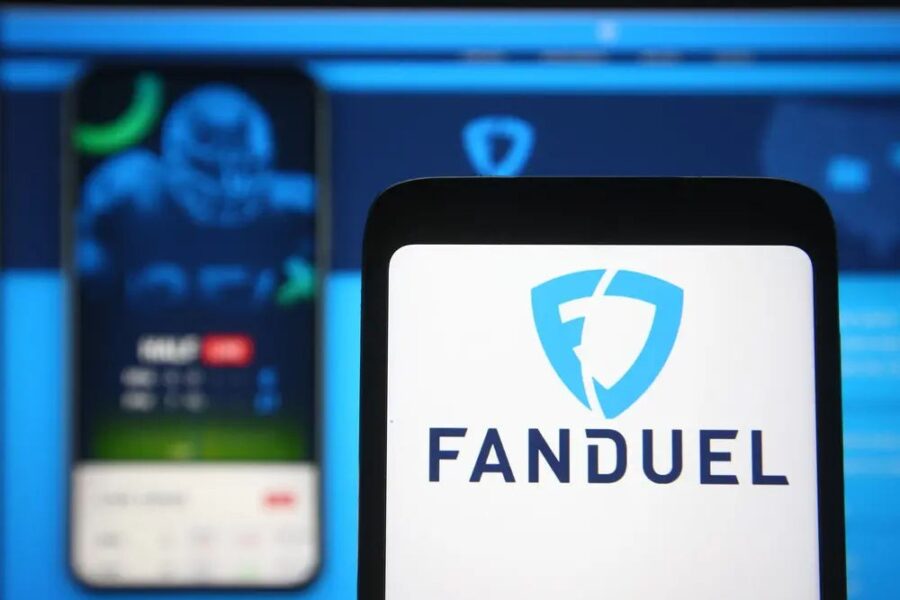Prediction markets ‘too good to pass up’ for OSB operators, J.P. Morgan analyst says

Prediction markets could be a viable alternative to online sports betting. That was the opinion of J.P. Morgan analyst Daniel Politzer in a 2 September investor note.
Timing his report to the kickoff of NFL season, Politzer deemed exchange-traded wagers a potential market-expansion opportunity that was “too good to pass up.” He emphasized the potential for DraftKings and FanDuel.
“However, prediction markets’ growing popularity has drawn scrutiny from OSB stakeholders, including state gaming commissions, tribes, sports leagues, and responsible-gaming advocates,” Politzer allowed. He felt OSB providers were “now between a rock and a hard place.”
On one hand, they faced the alluring prospect of entering markets where sports betting is illegal, via the federally regulated prediction-market route. On the other hand, they needed to look to relationships with stakeholders who might hold the fate of legalized sports wagering or igaming in their grasp.
“We think large OSB operators would be well-positioned to gain outsized sports prediction market share due to … brand awareness, and database targeting/marketing prowess,” Politzer opined. However, he predicted a go-slow approach from wagering providers.
Politzer also forecast that the DraftKings and FanDuels of the world would opt to enter prediction markets via a tax-free route in states where OSB is not legal. He cited Texas and Georgia as prospects.
He projected US$250 million in additional cash flow for DraftKings. “Our ‘dream’ scenario assumes OSB operators can leverage exchange pricing to offer a full-scale, parlay-type product in states without legal OSB,” Politzer wrote.
The analyst allowed that theirs was “considerable risk” to OSB purveyors hazarding the prediction markets. This would take the form of blowback from responsible-gambling advocates, state regulators, tribes and sports leagues.
Politzer pointed out that 34 attorneys general had challenged the incursion of prediction markets into taking sports bets, particularly by Kalshi, defendant in New Jersey and other states. At the crux, he said, was the circumvention of state regulations and taxation by going through the federal Commodity Futures Trading Commission.
The J.P. Morgan analyst broke down the reasons for opposition by various parties. Tribes, he said, feared cannibalization of the OSB market, along with violation of the Indian Gaming Regulatory Act. Sports leagues perceived a risk to the integrity of games and the loss of OSB sponsorships. State gaming regulators, Politzer continued, point to a lack of consumer protections at the federal level, a concern similar to that of gambler advocates.
Extrapolating US$1,100-per-person OSB handle from betting-friendly states across ones where sports wagering is not legitimate, Politzer forecast a US$131 billion gold strike to be had in the prediction markets. Even after halving his estimate, citing product limitations and marketing shortcomings, that left Politzer with a US$62 billion one-way customer volume.
If OSB providers garnered US$2.5 billion in trading fees, they would be looking at US$1 billion in new cash flow, Politzer calculated. Were DraftKings and FanDuel to garner a 25% or 30% piece of the action, he estimated, that could be US$200 million to US$300 million of cash-flow upside.
Breaking the numbers down by states, Politzer prognosticated US$23 billion in handle from Texas, Georgia and Florida. He also observed that in states such as Illinois, where surcharges and minimums are being applied to sports bets, prediction-market wagers could be an attractive alternative for consumers.
David McKee is an award-winning journalist who has three decades of experience covering the gaming industry.
Verticals:
Sectors:
Topics:




